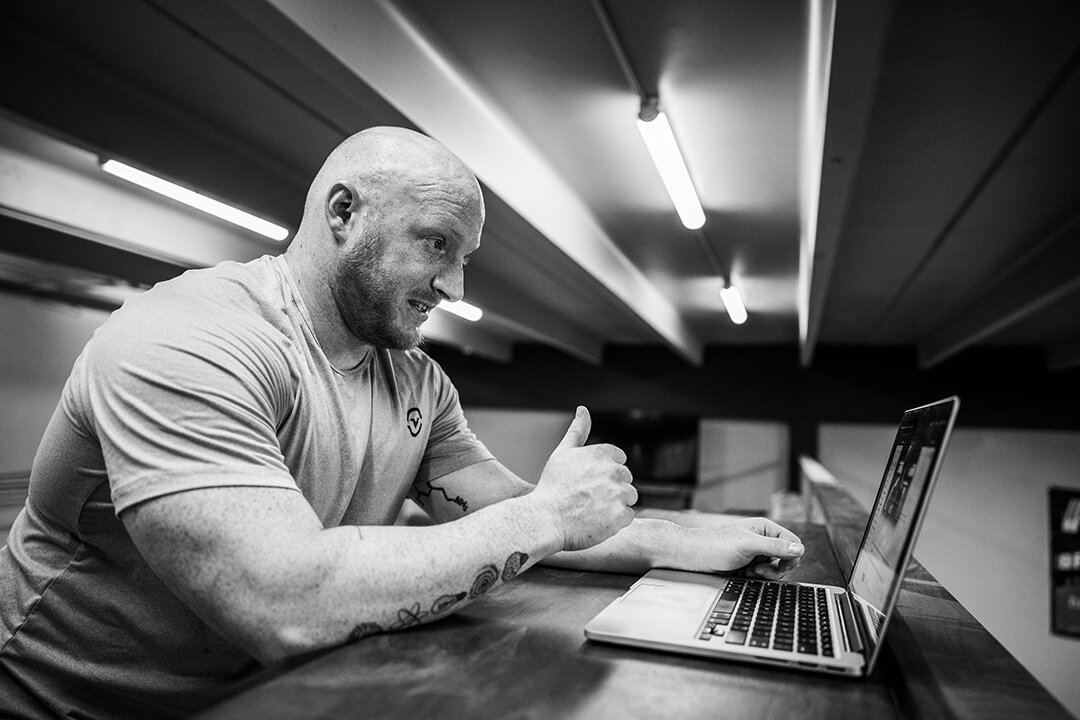
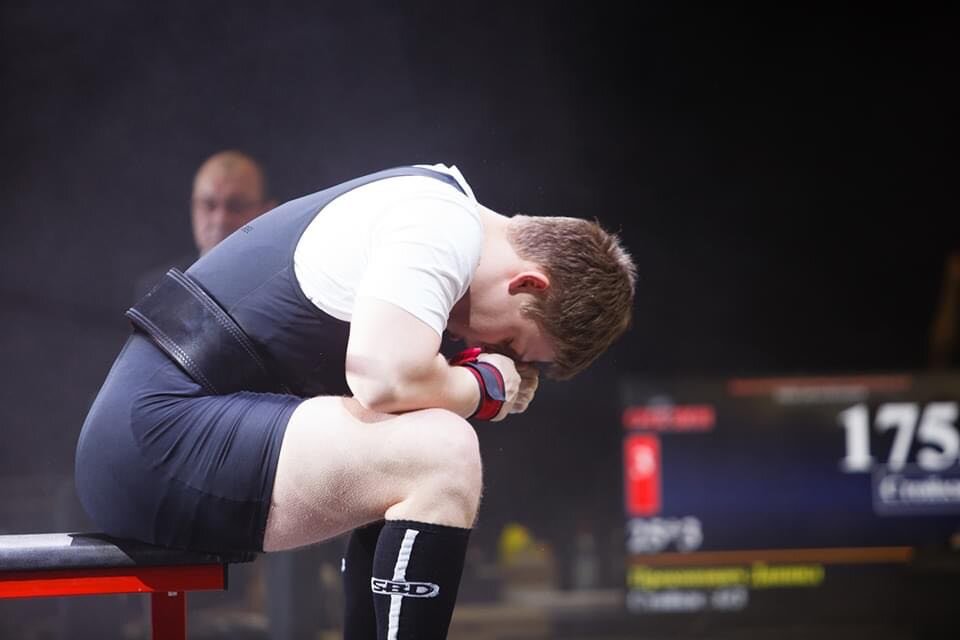
An overview of the biopsychosocial model of pain (Tessia DeMattos)
What is pain? When asking that question, you will receive a variety of answers. “Pain is weakness leaving the body,” some might say. Others might say, “Pain means you hurt yourself.” And then again others believe that “pain is a sign that you’re in danger.” To be honest, none of these are correct.
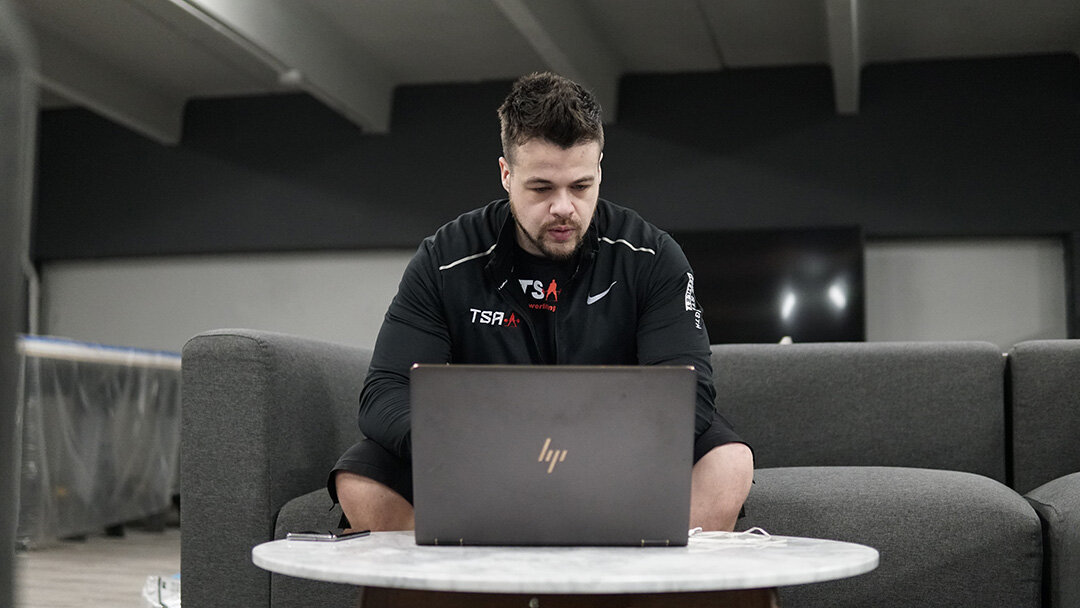
Unraveling definitions
No system of measuring training volume can tell you much of anything besides the broadest of brushstrokes about doing too little or too much work.
We don’t have any clear way besides arbitrary cutoffs to decide what exercises gets counted in the volume categories (leg press vs. barbell squat)
We don’t have any clear cutoff thresholds for counting the lowest possible intensity
You might be right about the training intervention but wrong about why it’s working
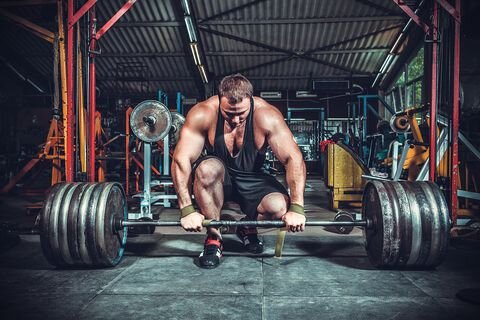
Round table: Russell Taylor, Eric Helms, Bryce Lewis, Mike Tuchscherer, Greg Nuckols, and Mike Israetel answer your questions
Russell Taylor was nice enough to host this round table with an all-star panel including Russell himself, Eric Helms, Bryce Lewis, Mike Tuchscherer, Greg Nuckols, and Mike Israetel covering three athlete-submitted topics:
Does strength follow size, or does size follow strength, and what’s the best way to approach both respectively?
What’s the best way of adding weak point training and when as opposed to just increasing the main lift volume?
Ideally, how much does a peak add to each lift’s 1RM?

Potential roadblocks for AI coaching for powerlifting
In light of the advent of so-called artificially intelligent powerlifting training plans, I began thinking about some of the most relevant problems that such systems need to tackle in order to better serve athletes. At their best, a true AI system for powerlifting would change lifting prescriptions in the most optimal way, at the right time, potentially including nutritional adjustments, load adjustments, exercise adjustments, frequency and training amount adjustments, all to serve the athlete best.
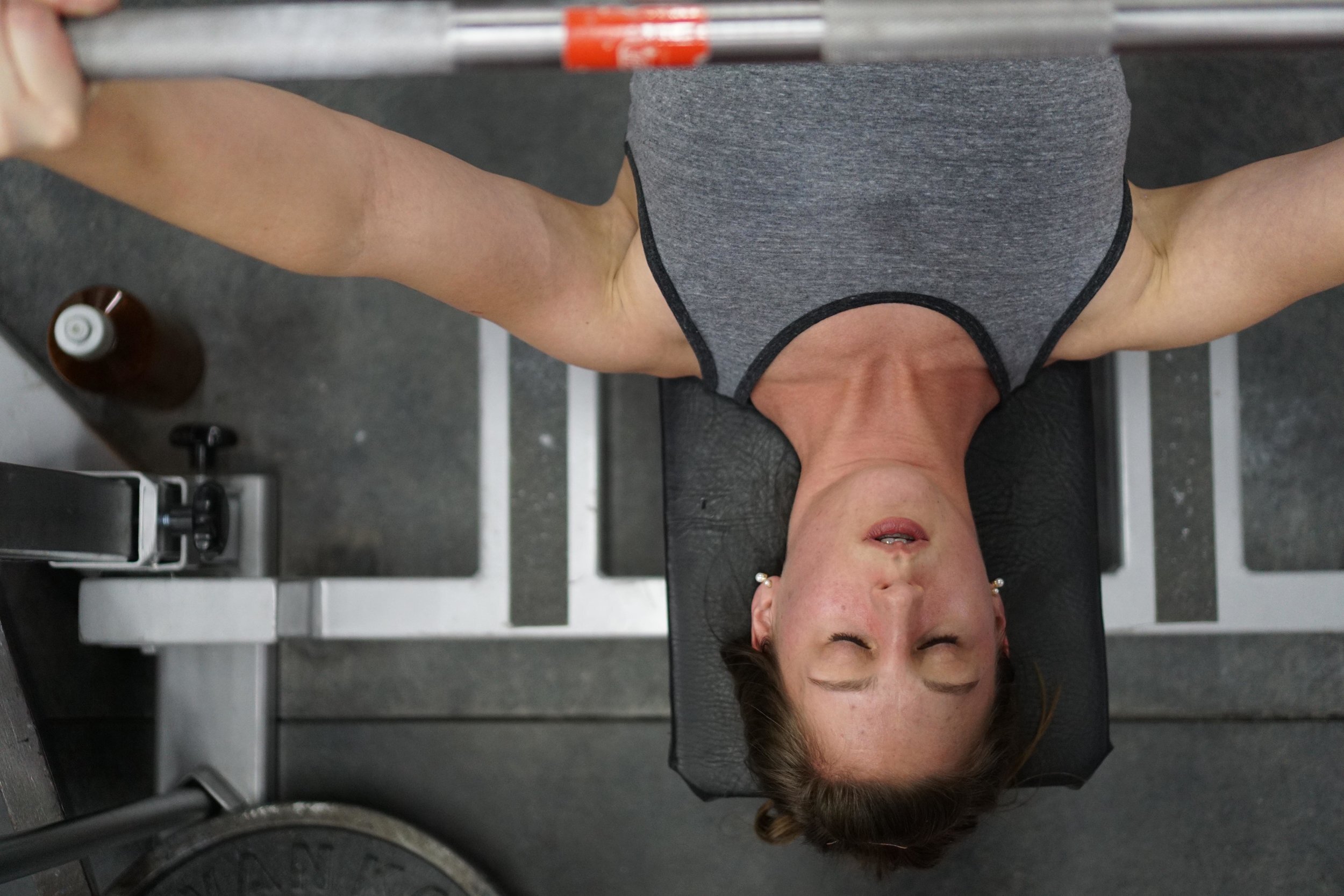
The importance of external cues
If you want to change or improve your powerlifting technique for the squat, bench press, and deadlift, there are no shortage of places to look. Every great lifter and coach has a range of cues they believe will do a lifter service to improve the lifts.
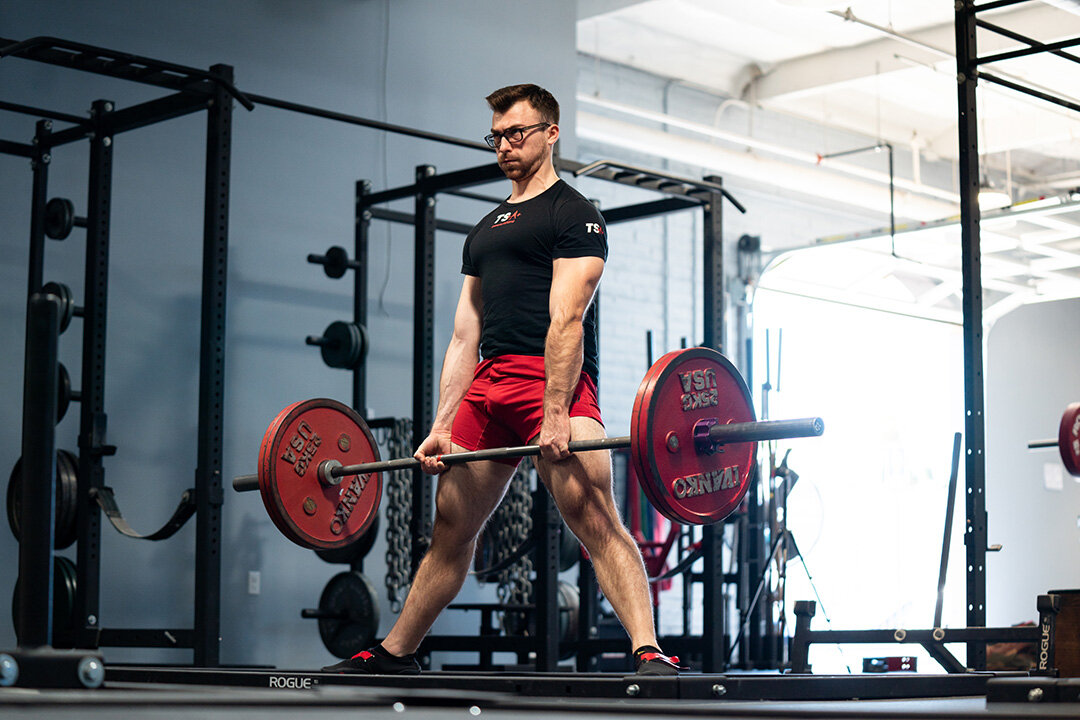
Techniques for building intra-session volume
There are various ways of defining training volume, from a quantifiable amount of stress, to the typical sets x reps x load (tonnage), or sets x reps (NL), or potentially the total amount of “hard” sets done.
Becoming the strength athlete: why understanding the basics is important
Picture this: You are just finishing your time as a small town high school athlete, let’s say a track runner. You were good, not great, but you probably could have gone on to be on the team for a small college, but you decided to go a different way.
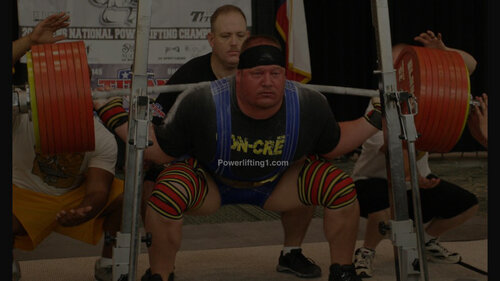
Aiming to be the most competitive and successful lifter overall: attempt selection part II
Meet day is finally here. You've spent the last few months grinding, sweating, and pushing yourself in the gym and there is all sorts of emotional pressure that surrounds you as you begin this day that you have so focused your recent life on. This drives you to feel that you need to have the best day possible.
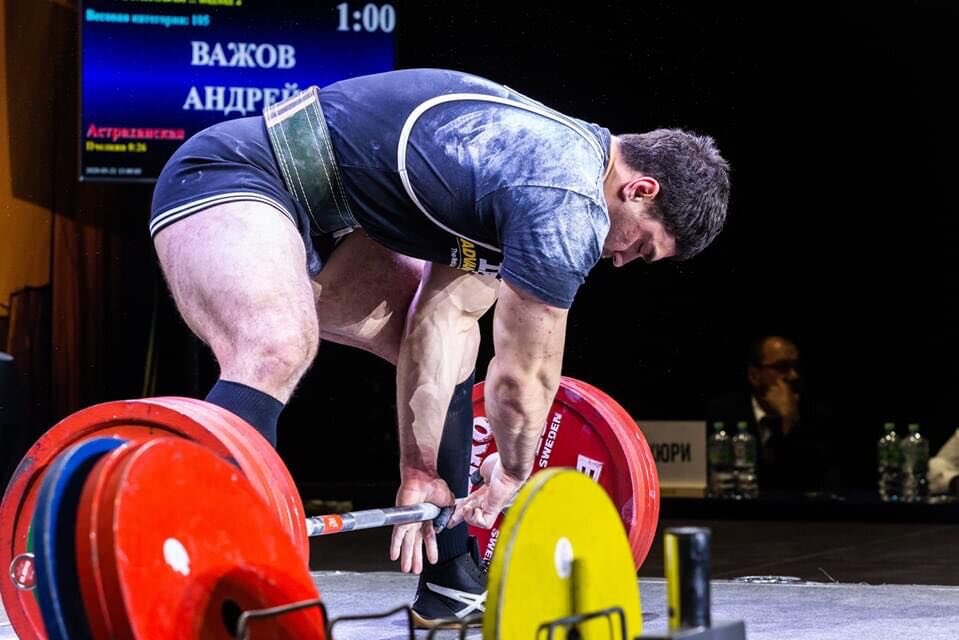
Understanding the taper: reviewing recent research
The sport of powerlifting is a demonstration of maximal strength in the squat, bench press, and deadlift. Months of training culminate in just one day of testing each lift. One of the more misunderstood topics in powerlifting is “the taper”, or how to manage fatigue at the end of a training cycle in order to create the best possible outcome on the day of competition.

Progressions of video analysis
Powerlifting is a simple sport. After all, we’re just asked to move a fixed object from point A to point B. The great, beautiful thing is that the details of how that move is done are one piece of separating novices from champions (of course, aside from the strength differences). One of the best ways of bridging this gap and accelerating progress is to record video of yourself and learn to analyze that footage and look for ways of improving.
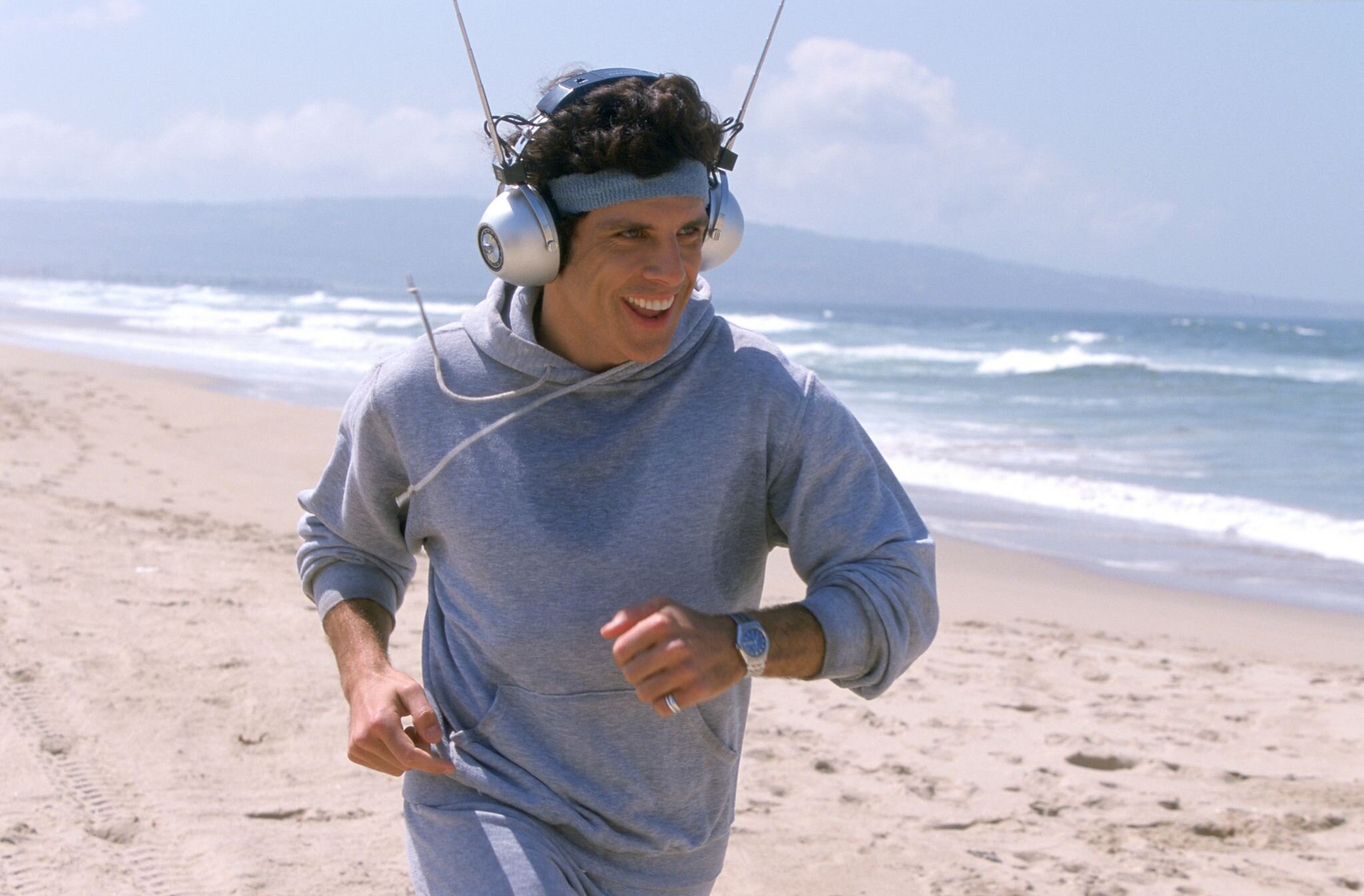
Lose yourself in the music: music’s effect on strength training
We’ve all got that song that pumps us up. A little Eminem and maybe some Fort Minor always score my way to the gym. It makes me feel so amped and ready to lift some heavy weight. Music is as much a part of my workout as is the sets and reps I have planned for the day.
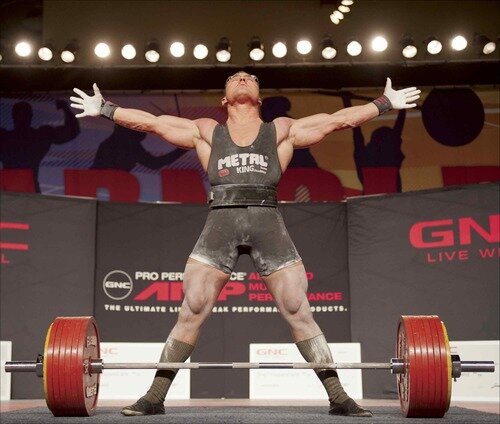
Good attempt selection will set you free: part I
It’s surprising and saddening to me to see the results of some of the higher level powerlifting meets around the nation. There are more high level and excellent lifters out there than I could have ever imagined yet, and this is the part that saddens me, so many of them are failing to put together the performance they are capable of on the platform. It is becoming a rampant problem that these guys aren’t able to put up their best totals and it has nothing to do with their strength or lifting proficiency.
Get psyched: in-gym motivational techniques
The idea of lifting maximal weight is the very core of strength sport. The rush that one gets from completing a max effort lift on the platform and recording a new personal record is among the top feelings a lifter will experience over the course of their career.

How to say “no” to changing training programs
Its all too common to see switches in training programs based less on actual need, merit of the program or its fit into your training stage, and based more on social media, friends, and popular powerlifting and fitness icons.
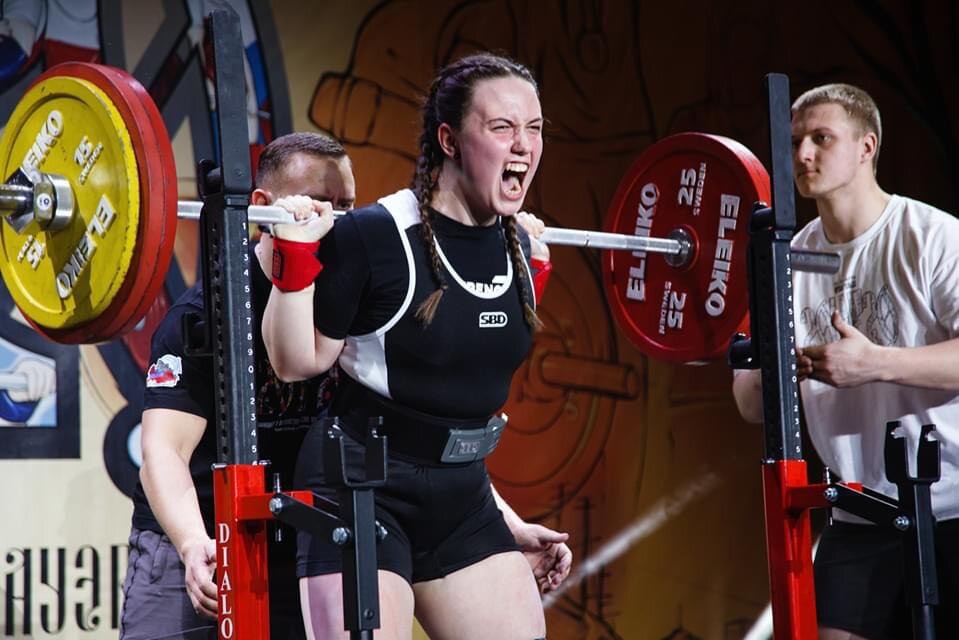
Periodization as a continuum: how training age can determine an athlete’s optimal form of periodization
This review will attempt to compare the types of periodization to the training ages in an attempt to find if there is an optimal type of periodization for a certain training age.
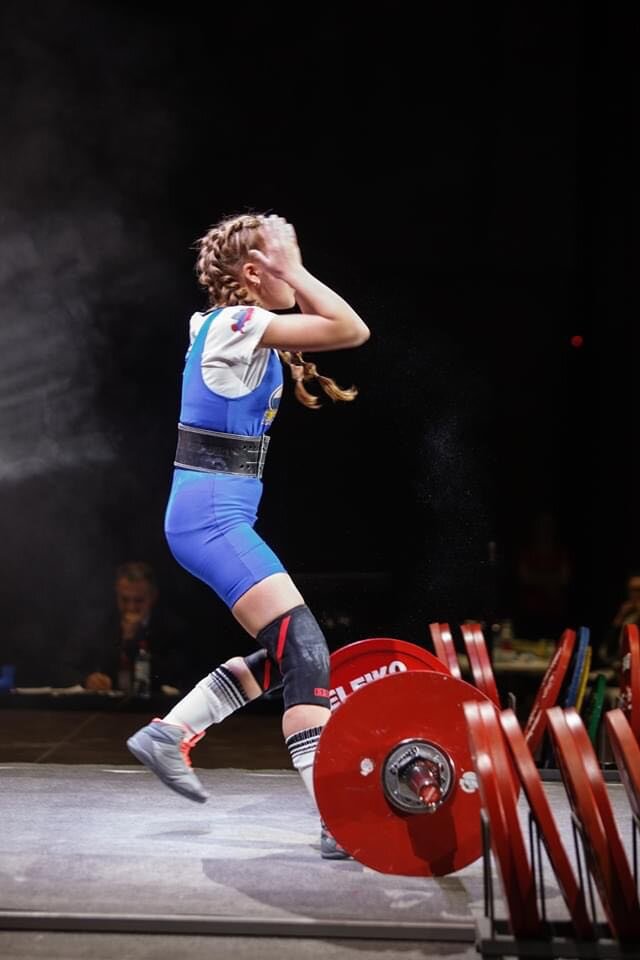
Review of factors impacting powerlifting performance
Researchers provided 160 Russian powerlifters (80 male, 80 female) with a questionnaire that included a series of confounding factors. The lifters were told to rank the factors in order of importance, to determine which stress inducers had the greatest influence on the athlete. Participants were asked to complete the rankings for general training as well as in a competition setting. The questionnaire was completed by lifters with a wide range of competitive powerlifting experience (1-34 years).2

Evolution of being a coached athlete
I have been coached in one form or another in sport since I was in 10th grade in high school. As I've become a coach myself on the receiving side of having athletes under my instruction, I've observed an interesting evolution. I'm personally coached by Eric Helms of 3D Muscle Journey, and we have been working together for over three years now.

